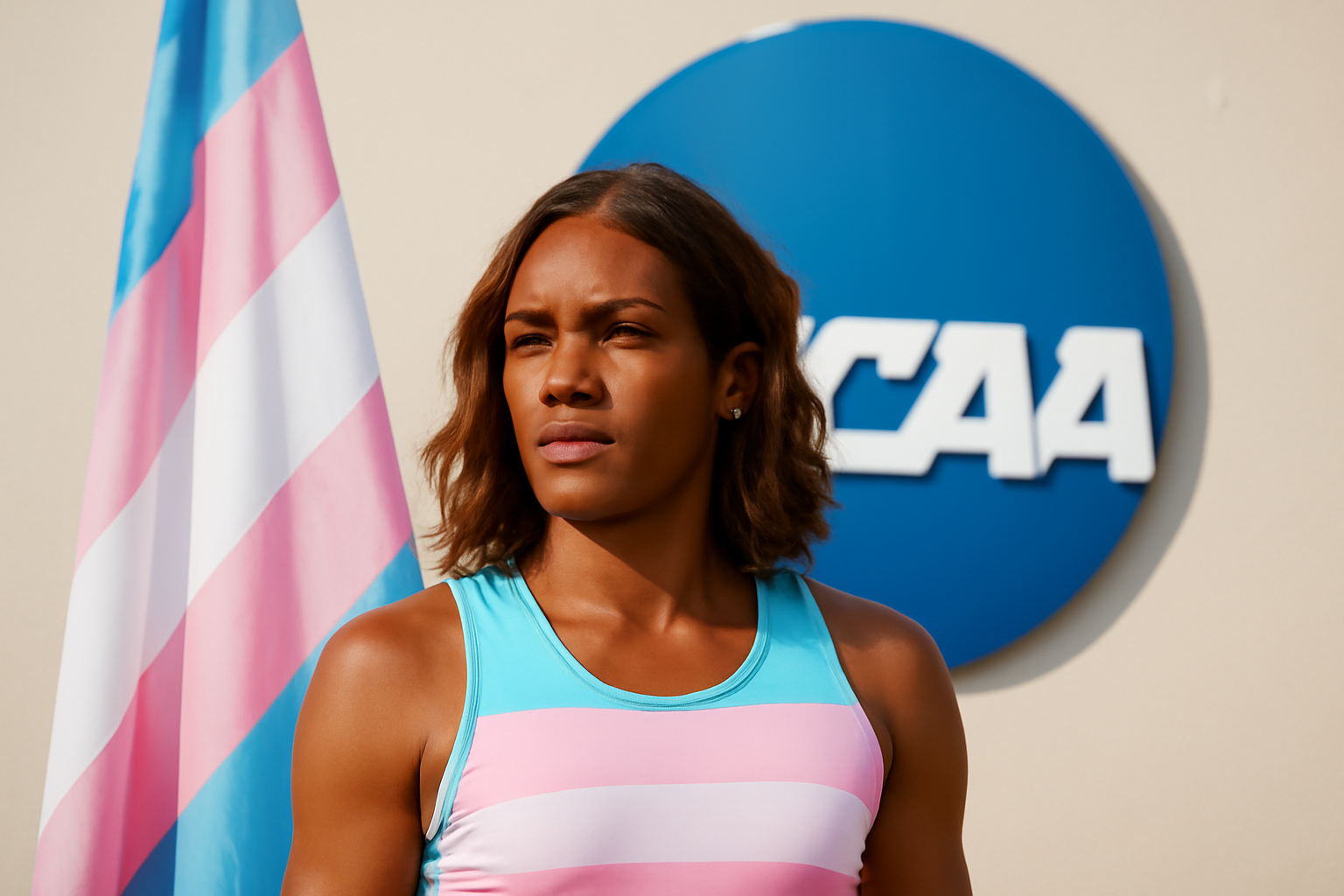
Recent federal guidelines issued by the administration have sparked significant discussion and controversy regarding the participation of transgender athletes in collegiate sports. The NCAA, an organization that governs college sports and advocates for inclusivity, has responded to these new directives with a carefully considered stance.
The Federal Directive
In a move that has galvanized both support and criticism, the federal government recently issued guidelines that effectively restrict the participation of transgender athletes in sports that align with their gender identity. These guidelines have been characterized as part of a broader policy initiative aimed at regulating and defining gender participation in athletics. Many advocacy groups have expressed concern that this could undermine the advances made in recent years towards achieving greater inclusivity and equality for transgender individuals in sports.
The NCAA, known for its commitment to diversity, equity, and inclusion, finds itself at a crossroads. The new directive challenges the association to balance its mission to support all athletes while complying with federal regulations.
NCAA's Position
In a statement issued by the NCAA, the organization reaffirmed its dedication to the principles of inclusion and fair competition. "The NCAA is deeply committed to ensuring all athletes have the opportunity to participate in college sports, regardless of gender identity," the statement reads. However, the NCAA also acknowledged the need to adhere to the new federal guidelines, stating that compliance with federal law is paramount to the continued operation of college sports.
This decision by the NCAA has not come lightly. The association has been a leader in advocating for the rights of transgender athletes, implementing policies that allow athletes to compete in accordance with their gender identity. The new federal direction has compelled the NCAA to reassess these policies and seek a path forward that respects both the regulatory requirements and the rights of individual athletes.
Community and Advocacy Group Reactions
The reaction from LGBTQ+ advocacy groups and allies has been swift and vocal. Many organizations have criticized the federal guidelines as discriminatory and harmful to transgender athletes. Groups such as Athlete Ally and the Human Rights Campaign have called for action, urging the NCAA to stand firm in its support for transgender athletes and challenge the federal directive.
"This is a step backward for equality in sports," said a spokesperson for one advocacy group. "Transgender athletes deserve the right to compete in a manner consistent with their gender identity. We urge the NCAA to continue leading the fight for inclusion and equality."
Looking to the Future
As the NCAA navigates these complex issues, it remains committed to finding solutions that honor its longstanding values. The association plans to engage with various stakeholders, including student-athletes, coaches, and advocacy organizations, to better understand the implications of the federal guidelines and explore potential avenues for advocacy and change.
The NCAA's commitment to inclusivity and fairness in athletics remains steadfast. The association has pledged to work tirelessly to advocate for policies that respect the rights of all athletes, while also ensuring compliance with federal regulations. This delicate balance represents one of the most significant challenges the NCAA has faced in recent years.
Ultimately, the future of transgender athlete participation in college sports will depend significantly on the ongoing dialogue between policymakers, advocacy groups, and governing bodies like the NCAA. The association's role in this discussion will be critical in shaping policies that promote equality and inclusivity while navigating the evolving landscape of federal regulations.
The NCAA continues to encourage open dialogue and collaboration as it seeks to uphold its mission of fostering a diverse and inclusive environment for all athletes. As discussions progress, the association remains hopeful that a resolution can be achieved that honors the rights and dignity of every athlete.
Related Posts
Triumphant Trans Woman Wins Legal Battle and Inspires Others to Stand Up for Their Rights
Breaking new ground: a landmark victory in transgender rights After battling in courtrooms and enduring endless challenges, Diana Portillo, a transgender woman, has secured a monumental victory in her decade-long fight against workplace discrimination. The result? Nearly $1 million awarded in a historic settlement. But this isn't just a win on paper—it represents a powerful precedent in combati [...]
Pride Month in Latin America: Protests and Demands for Equality
**Celebrating Pride and advocating LGBTQ+ rights in Latin America** Pride Month in Latin America was a lively mix where celebration met activism. Communities united, not just throwing a party but making a stand—demanding equality and pushing governments toward better protection and rights recognition. Throughout Latin America, pride events erupted in marches and cultural displays, each with a c [...]
Transgender Erasure Actions Implemented by National Park Service
```html Trump administration's impact on national park service and transgender recognition The Trump administration made notable moves in undermining transgender representation, which included directing agencies like National Park Service not include "T" and "Q" when they refered “LGBTQ” in any official communication. This move seems part a broader plan by this administration aimed at reducin [...]